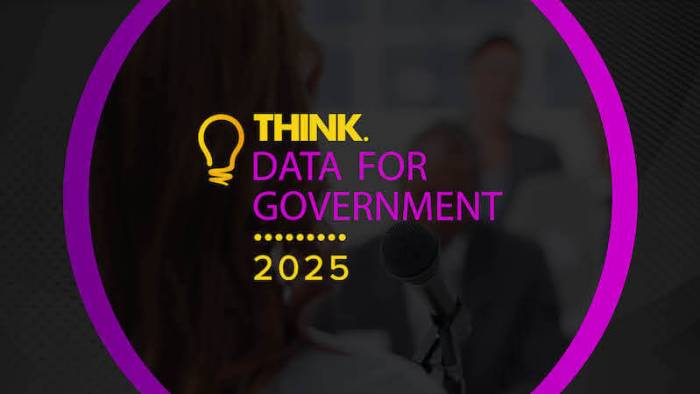Defra is developing a forms builder called Digital Express Toolkit (DXT) in an effort to end its reliance on paper-based forms.

The Defra Forms team is a multidisciplinary team in Digital, Data, Technology and Security (DDTS), responsible for creating and publishing online forms across the Defra group. It created the DXT, which is in line with Defra’s Digital and Data Transformation strategy.
In a blog post, Defra’s lead product manager Jenny Taylor said the tool can be used to create standardised forms.
Forms builders are software that people without coding or design skills can use to ask questions and capture data from users. Forms builders can range from allowing you to ask simple questions, to having more advanced features such as:
- allowing users to upload documents and images to the form submission,
- personalised questions, based on the previous responses,
- custom validation to check the data provided by users is in the correct format
“Forms builders will accelerate the delivery of our goals by offering a central solution that can be used flexibly to meet a diverse range of needs. This enables us to act fast in supporting teams across Defra to deliver on our five key priorities. Using this approach to delivering a common capability also helps us to save time and money so that we can react quickly to urgent changes in legislation or disease outbreaks that require interaction with members of the public,” she said.
Understanding and meeting user needs
Taylor said Defra’s initial investigations found that many of its forms could be digitised.
If you liked this content…
“During the discovery and alpha phases of the project, it became clear several options and solutions would be required, depending on the needs of the users, both within Defra, and externally,” she explained.
“We found that a forms builder could offer a flexible range of features, as well as consistency and standardisation.”
Taylor said Defra was one of the first government departments to trial GOV.UK Forms, already using it to produce several digital forms, including one used by XL Bully owners to apply for a certificate of exemption for their dog which generated over 60,000 submissions.
“We’re going beyond just making a forms builder as a technological solution. We’re working on a new proposition for how Defra can create, manage, and benefit from a consistent approach to online forms and data submitted by members of the public,” she said.
“With more than 35 Arm’s length bodies, Defra is complex and broad in its remit. We want to break down existing barriers for releasing new services or forms within Defra whilst providing options for integration with existing Defra technology – so our teams can meet the needs of the public faster, and at a lower cost to taxpayers.”
Taylor said a goal is to help Defra understand the data it holds so it be more data-driven, improving access to data coming from members of the public to project teams.








